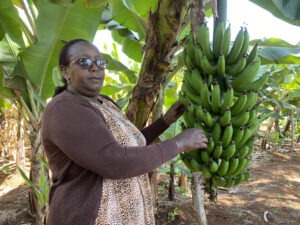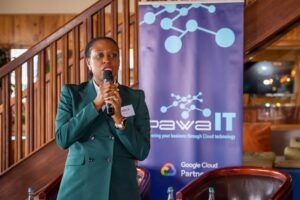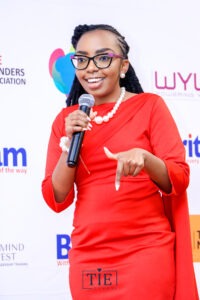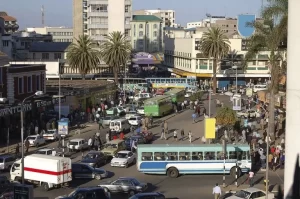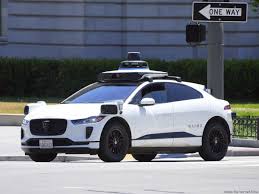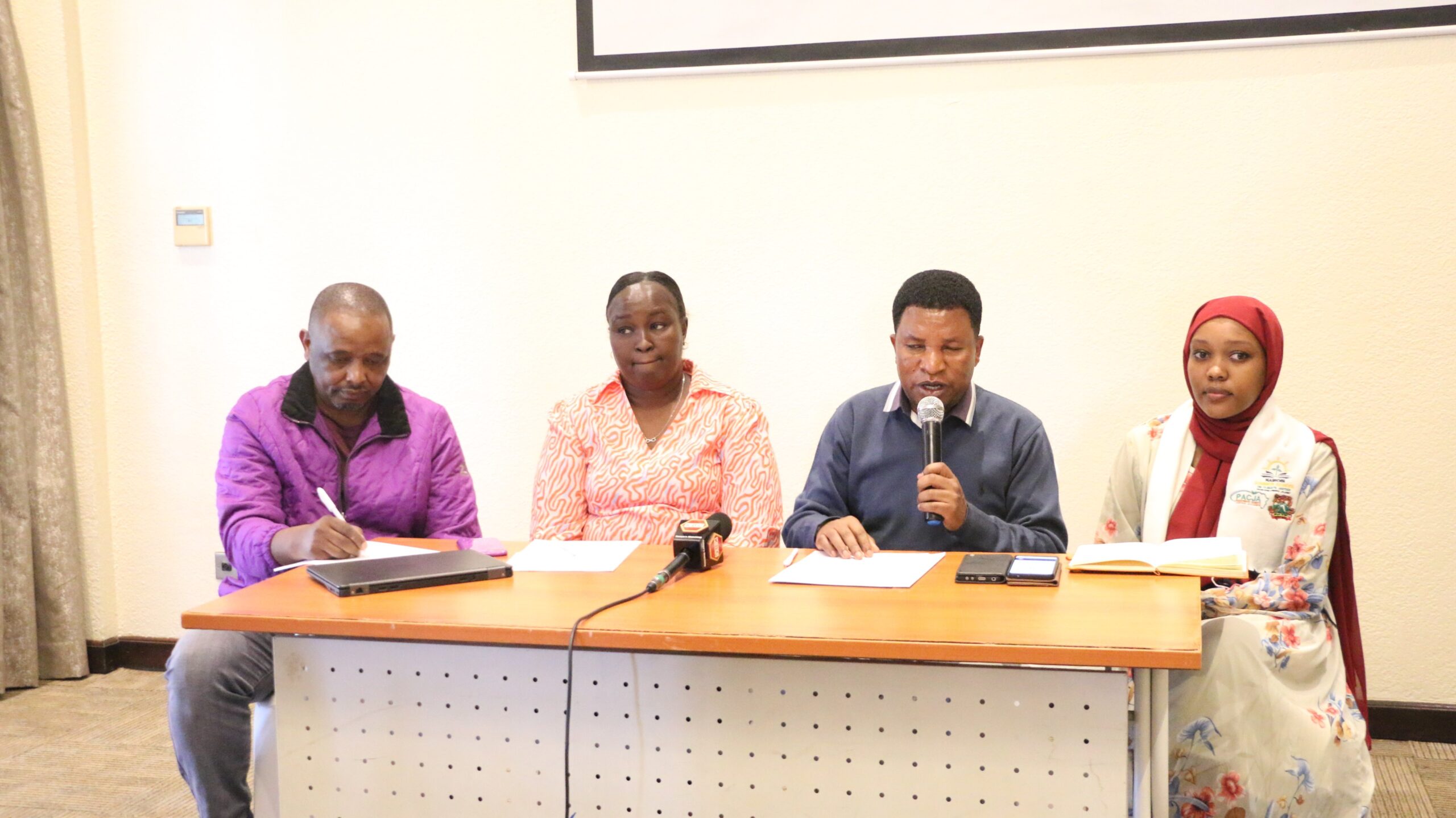
As the continent prepares for the special Africa Climate Summit to convene in Nairobi Kenya in September, the non state actors steering committee has placed heightened demands towards the summit.
Speaking during the event, Non-state actors take note that underestimating the role of the continent and suppressing her voice and aspirations make the move stunt and lead to the human rights puzzle towards the betterment of Africans and the next generations.
“With all these foggy moves by mighty global spheres that have not yielded a promising solution for Africa, we demand that all debates and decisions at the African Climate Summit respect and fulfill the human rights of all people, especially, those left vulnerable and marginalized by the effects of Climate Change such as indigenous people, women, children, persons with disabilities and poor communities,” said Dr Mithika Mwenda, the Executive Director of Pan African Climate Justice Alliance.
The summit takes place at a time the developed world presents no signs to address the adverse climate impacts caused by climate change which are the main contributors, while mild signs show non-significant progress of inclusive solutions to the climate crisis and consider Africa as the last or less important solutions provider at the same table of global climate crisis solutions.
The Non State Actors through PACJA explored lack of African commitment to find solutions and firm the position and called Africa’s leaders to shift goals posts toward the contextually Africanized perspectives and aspirations.
“Africa is most hit by Climate Change. Women, children, and farmers are affected and you know they have a special relationship with the environment. As we remain with a few days to ACS (African Climate Summit) we need the government and AU to open the space for non-state actors. We want to see processes where all countries can participate for not to waste money and time. In this summit, we need to focus on Climate Justice, children, women, and farmers instead of talking about corporates. If we do not focus on these we lose it,” urged Waituru Mwangi – a representative of Voluntary Service Oversees (VSO Kenya).
The process of the Africa Climate Summit has been criticized by some clusters who say that they should have been involved so that their views are incorporated into discussions during the summit.
“The indigenous community has been sidelined in the process of the African Climate Summit yet we are the most affected, especially indigenous women, indigenous children. We shouldn’t be left out because we know our issues better than any other cluster and can articulate them well when we are involved. We demand the Government of Kenya to include us,” highlighted Eunice/MPIDO, a Kenya-based indigenous organization .
Dr Lesmore Ezekiel, the Director of Programmes at the Africa Conference of Churches also questioned why discussions have been diverted to the Carbon Market as an urgent matter and tasked African leaders to re-address the issue in their discussions during the summit and beyond.
“When we talk about Climate Change we mean that it is a matter of life and death. When it comes to us as a religious and faith-based organization, and seeing these unclear processes we ask ourselves why we are not talking about Loss and Damage. Why aren’t we talking about the Adaptation fund? Instead, we advance conversations in Carbon Market! We must reject this and African leaders must take this as a matter of importance,” added Dr Lesmore.
The three day summit that will commence on September 3rd to 6th 2023, will be chaired by the the president William Ruto (Kenya) who is the chair of the African Heads of State and Government on Climate Change Committee (CAHOSCC) which was established in 2009 during the 13th ordinary sessions of the African Union Assembly, in collaboration with the African Ministerial Conference on Environment (AMCEN) and the African Group of Negotiators on Climate Change (AGN).
Subscribe to our newsletter to get interesting news stories everyday
